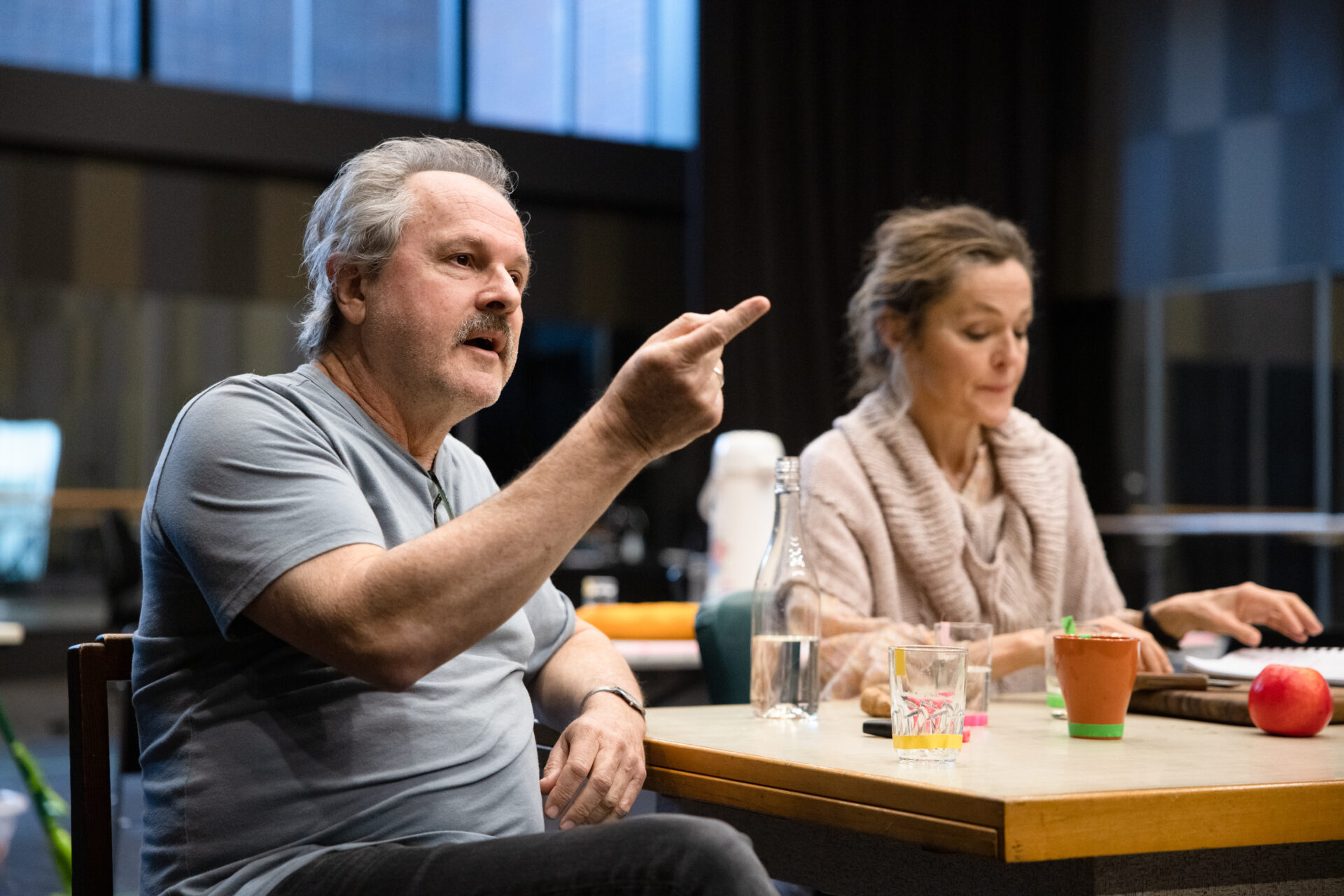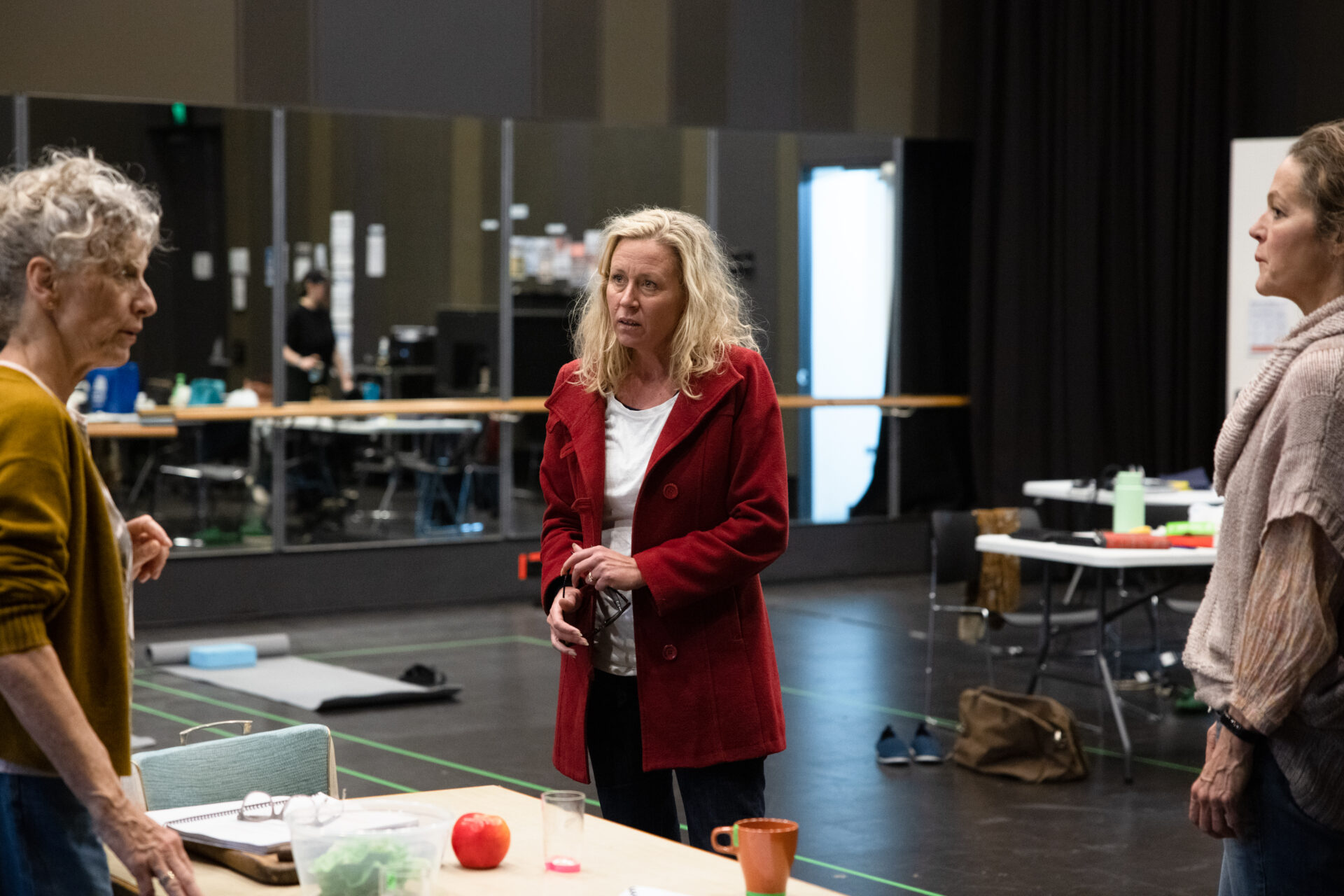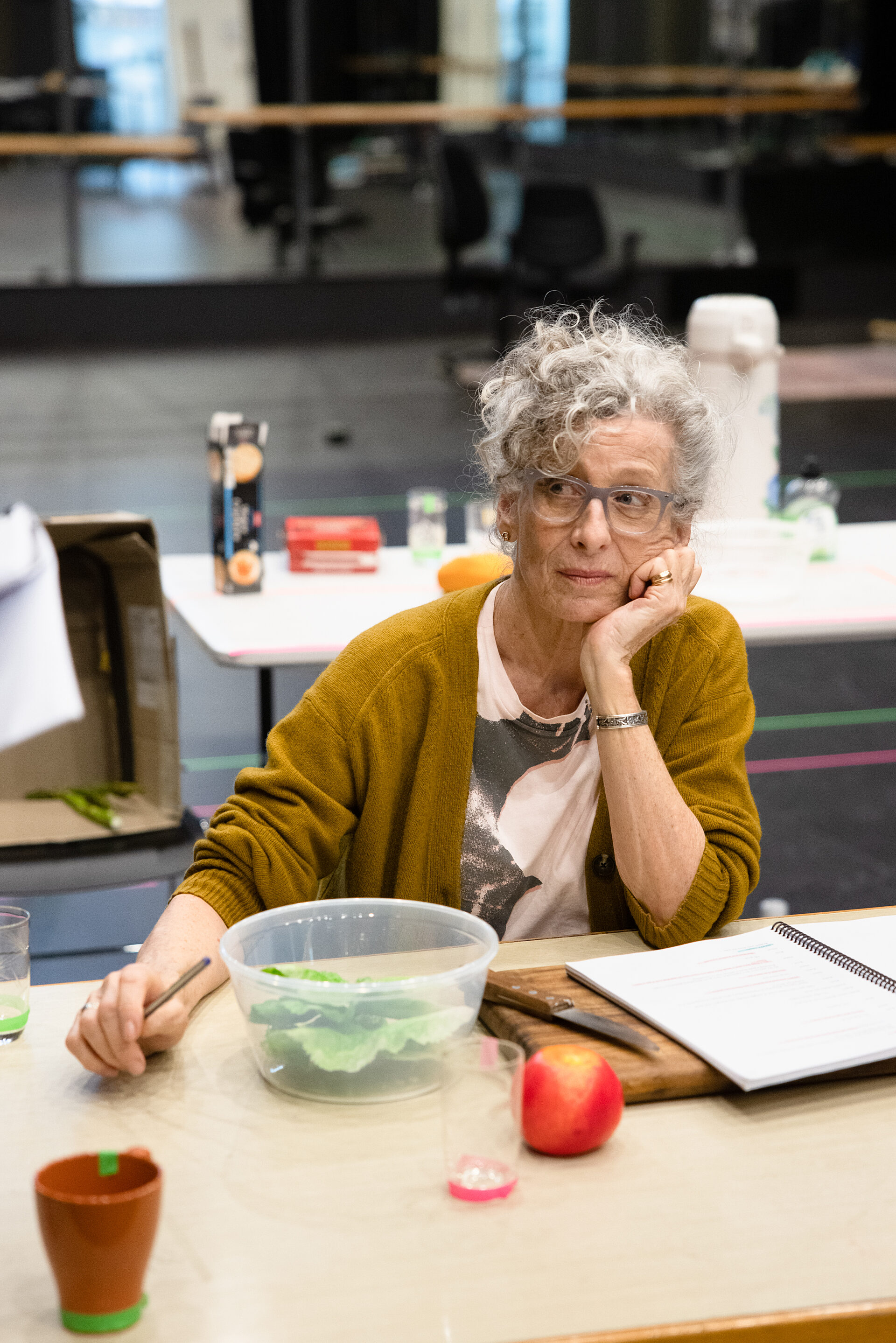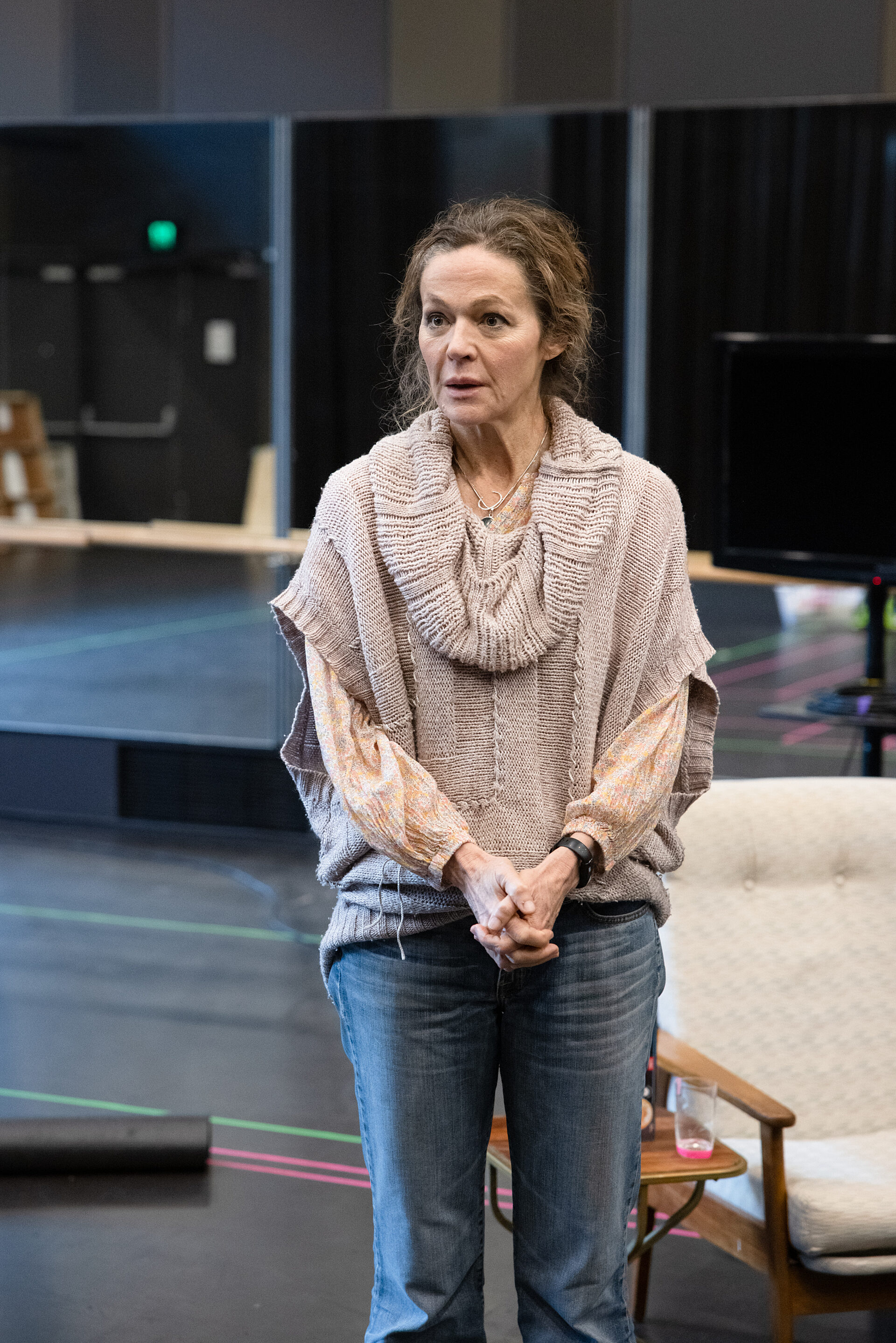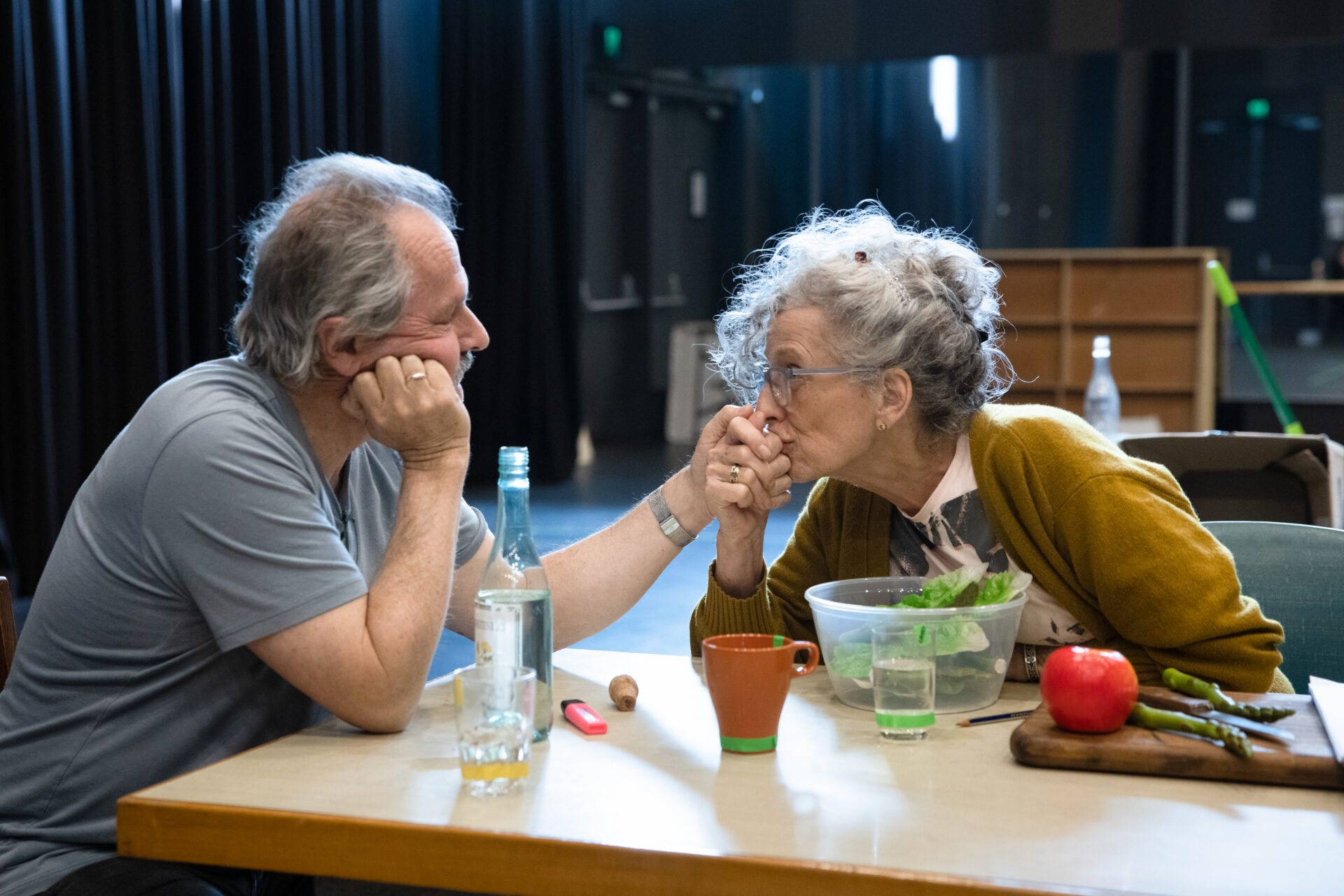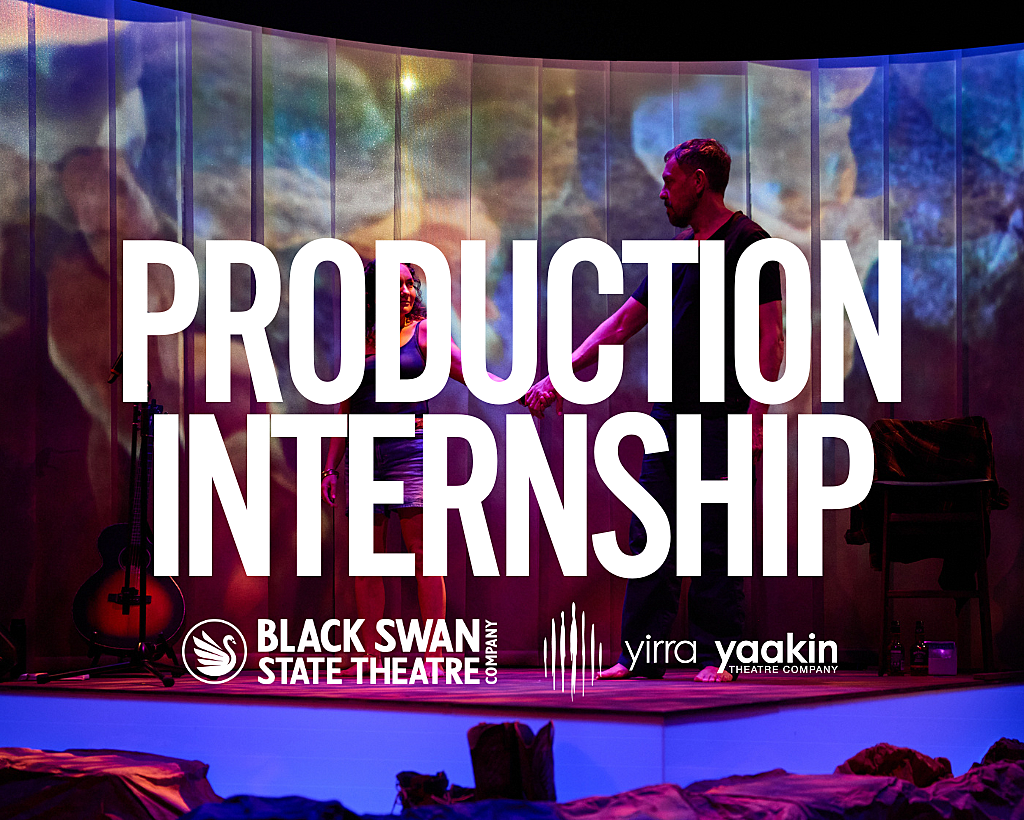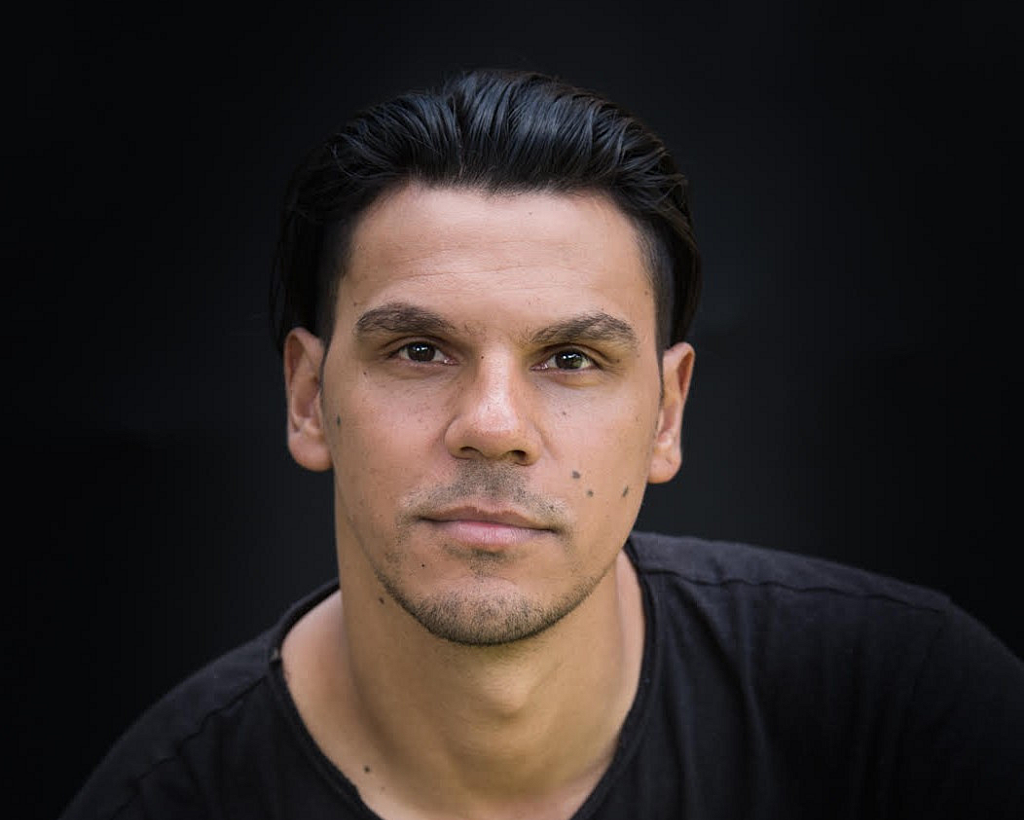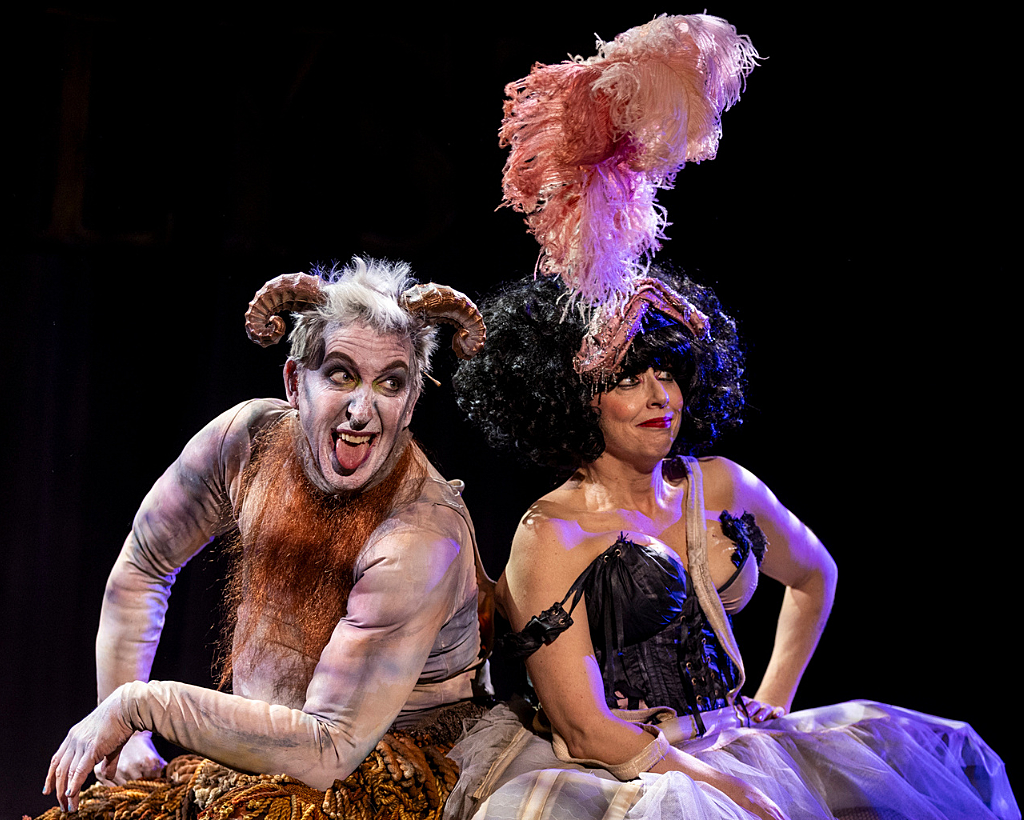In Conversation about The Children by Lucy Kirkwood
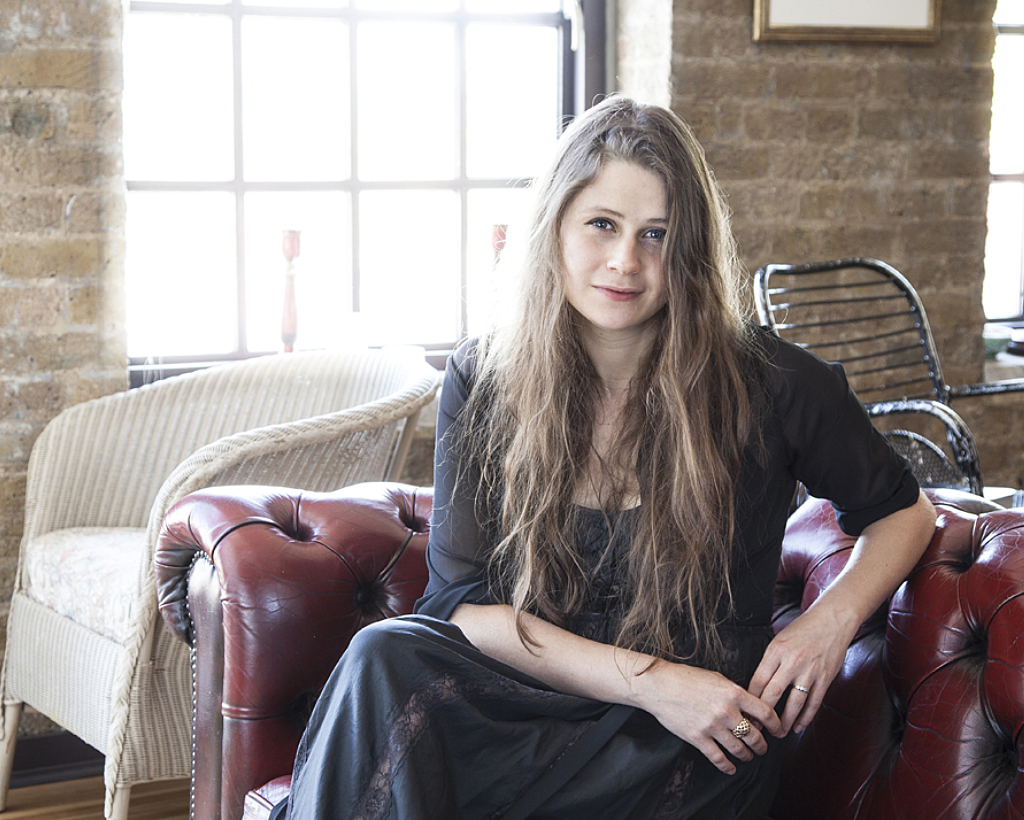
Lucy Kirkwood is an acclaimed British playwright and screenwriter, perhaps best known for Chimerica, a play which explores the aftermath of the Tiananmen Square protests.
Chimerica premiered at the Almeida Theatre in 2013, winning Best New Play at the Olivier Awards. Her versatility extends to television, where she contributed to the popular series Skins and adapted Chimerica for Channel 4. More recently, she wrote the book and lyrics for the National Theatre’s musical adaptation of Roald Dahl’s Witches in 2023. Kirkwood’s ability to tackle complex societal issues with depth and nuance is evident in her work, and this is particularly showcased in The Children.
The Children premiered at the Royal Court Theatre in London in 2016, before opening on Broadway in December of the same year, receiving critical acclaim and winning the Best Play award at the 2018 Writers’ Guild Awards (UK), along with a nomination for Best Play at the Tony Awards. Brimming with wit, intensity and power, the play takes place over the course of one evening and follows married couple Robin and Hazel alongside ex-colleague Rose as they confront their past and grapple with the weight of their actions. As they navigate their intertwined histories, the play delves into profound questions surrounding generational legacies and our collective responsibility for the world we inhabit.
Where did the first seed for The Children come from?
I had been trying to find a form for a long time to write about climate change in a way that was emotionally rather than intellectually driven. What is important and theatrical to me is not the facts of climate change – we all know the facts now, and most of the average left leaning theatre audience will believe in them too.
What is interesting is this: if we know the facts, why are we failing so catastrophically to change our behaviours?
Well, for one thing, it’s because those changes are enormous and frightening and demand that we give up things we have all come to feel we are entitled to. The scale of such a change can only feel like a death of sorts, and as Hazel says [in The Children], who would consciously want to move towards their own death? Capitalism has instilled a set of desires in us that are very difficult to de-program. I wanted to write something that didn’t harangue or nag an audience, but was generous, honest and unsentimental about how difficult it will be to make the changes that we need to, about how overwhelming that might feel – an awakening perhaps, but a terrifying one. The idea you can do nothing because the disaster is already too large is an infantilising one (one of the many reasons for the title), and the play is about three people growing up into active agents. And of course, the way in which they do that was very much inspired by what happened at Fukushima. When I heard about the heroism of the retired workforce returning to the plant to help with the clean-up, lots of different and long gestating ideas started to finally come together for me.
This play has a strong message of generational responsibility. Is this something you feel passionately about?
I do, but my hope is that audiences will not feel that the play is about a single generation – it is not a satire on baby-boomers, it’s about all of us – in 35 years I will be Hazel’s age and I am certain that the next generations will be asking the same questions of me as mine ask of hers.
You’ve woven politics into many of your works. Do you set out to create theatre that challenges its audience, or does this happen organically for you?
To write a play takes a long time. This means that whatever I chose to write about has to sustain my interest for at least a couple of years, sometimes much longer. So I find myself drawn to writing about things where the roots of the emotions and ideas go deep and the branches go high. This isn’t consciously political, it’s just about what holds me. Hopefully if something can hold me for three years it will hold an audience for two hours. And I do believe that most theatre is an inherently political act because it demands we step outside of ourselves and imagine others. And it demands that we do that communally.

Sexual politics and the power of sex are central to this narrative. Can you tell us about this as a narrative choice?
An answer of two halves:
(1) The play is an attempt to look at a crisis of desire on a political level – Hazel’s line, ‘I don’t know how to want less’ is perhaps the most crucial line in the play. Capitalism depends on growth. Our entire economic system depends on us wanting more and more, on boundless desire – and if we continue to pursue those desires, they will destroy us. And I wanted this ache of desires that couldn’t be fulfilled, or which in being fulfilled would simply cause more pain, and no satisfaction, to pulse between the characters too. So that’s what’s burning in Rose, this irresolvable desire. And we watch her battle and to some extent subdue it.
(2) In some sense it wasn’t a choice at all, the moment I started writing, and I knew Rose had been hit in the face, it was clear to me that Rose was in Hazel’s territory and that she had been in her territory before. Often writing is intuitive not conscious. Those women told me sex was important to them through bloody noses and passive aggression.
The Children by Lucy Kirkwood is showing at the Heath Ledger Theatre from 24 August – 15 September.
Article Source: “Excerpt from a feature by Sarah Corridon with Lucy Kirkwood, ahead of Melbourne Theatre Company and Sydney Theatre Company’s 2018 co-production of The Children.”
Rehearsal Photography by Daniel J Grant
